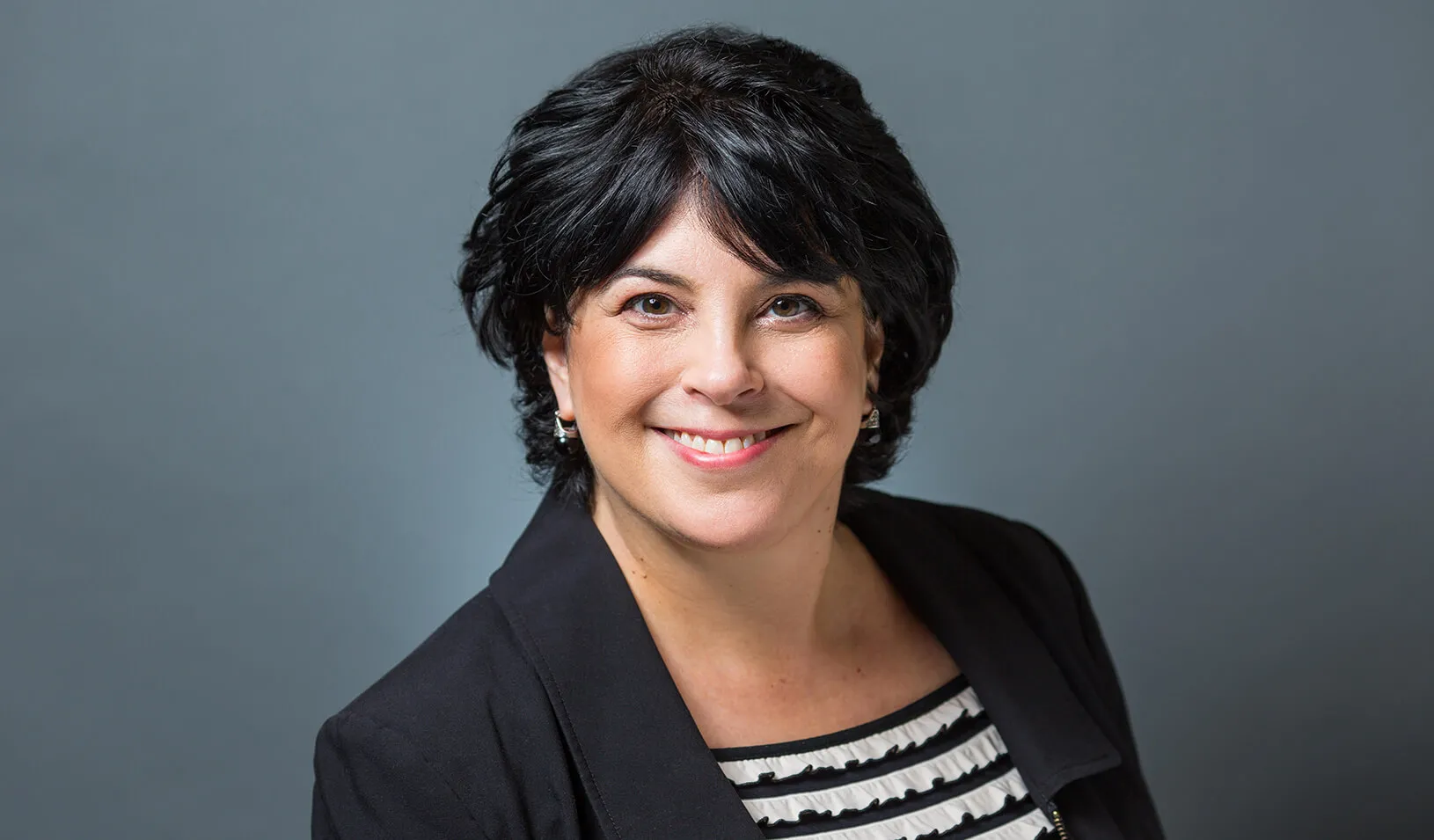Getting to Know Michele Gelfand
Culture is an invisible yet omnipresent force that this organizational behavior and psychology professor wants leaders to better understand — in themselves and their organizations.
June 21, 2023

Are you a rule maker or rule breaker? Do you have a tight or loose mindset? How does your culture — the underlying values and norms — impact your behavior…and why?
Michele Gelfand asks a lot of questions — in the classroom and around the world — to increase what’s known as cultural intelligence (CQ). She believes that CQ should be at the heart of every human interaction, especially negotiation. Which is why she helps executives understand it and learn how to cultivate it in their leadership and organizations. “If we can label cultural differences, then we can be more empowered to talk about them and to actually come up with creative solutions.”
The Call That Started It All
As a psychology major studying in London for a semester, Michele called her father for advice. “I was the first person in my family to leave the country and I was experiencing culture shock, seeing all my classmates take weekend trips to different countries. My pop said ‘Well, think about it like it’s going from New York to Pennsylvania.’ The next day I booked a low-budget trip to Egypt.
I realized how little I knew about culture. I had so many questions. I thought, how is it that I’ve been so profoundly socialized by culture, but I don’t realize it.” She returned to college and signed up for a class in cross-cultural psychology. And the rest, as they say, is history. She worked for a cross-cultural trainer and then got her PhD under the mentorship of Harry Triandis, a founder of the field, who also urged her to become a professor. After much protestation, she agreed “maybe getting paid to learn and study things is my schtick.”
Culture Hits Home
Michele’s study of tight and loose cultures, discussed in her popular book Rule Makers, Rule Breakers: How Tight and Loose Cultures Wire the World, doesn’t just explain what happens in regions, countries, and organizations. She believes the same framework holds true for households and personal relationships. For Michele (a self-ascribed moderately loose mindset), she admits to plenty of conflicts with her “pretty tight” lawyer husband who works in a domain ruled by rules. It turns out, he gets disturbed about how she loads the dishwasher. And so, just like in business, they negotiate. Which is also what she teaches executives to recognize before they head to the negotiating table.
The Classroom Is a Collective Brain
Many of Michele’s classes start with a quiz, a mindset quiz, that focuses on the self but reflects on the broader organization. “How do you pivot when your organization becomes too tight or too loose?” she asks. “Organizations get stuck in the wrong mindset, so the really exciting thing is how we negotiate this. How do we, as great leaders, become more ambidextrous?” Michele relies on what she calls the “collective brain” of the classroom where executives share their real-world experiences. She strives to give participants new tools, frameworks, and language, and most importantly, the curiosity bug, to help them make immediate use of what they learn.
Passionate About Culture. And So Much More.
In addition to being a teacher, researcher, mentor, friend, daughter, sister, wife, and mom (in no particular order), Michele is also a(n):
- Avid traveler. “One of my most challenging work trips was interviewing detained terrorists in a jail outside of Manila. I also love to travel with my family — to Japan, Egypt, Greece, Germany, and beyond. I want my kids to have a love of learning about the world. We have a lot of funny mishaps while traveling together and keep a record of all of the crazy things that happen on our vacations.”
- Practicing Buddhist. She meditates daily and is diligent about keeping a gratitude journal.
- Jazzercise fanatic. “Everyone makes fun of me for it, but I love it. You burn up to 700 to 800 calories an hour. It’s very difficult. It’s like Zumba on steroids, with a real sense of community.”
- “Socially-skilled” introvert, at least that’s how her husband describes her. “People mistake me for an extrovert because I have a lot of energy. But actually, I like spending a lot of time on my own.”
- Jazz lover. And she swears her dog Pepper loves it too!
- Editor of a new Oxford Handbook of Cross-Cultural Management that’s coming out this summer. She’s also pioneering a yearly series on Advances in Culture and Psychology and helping to co-found a new society for the study of cultural evolution.


